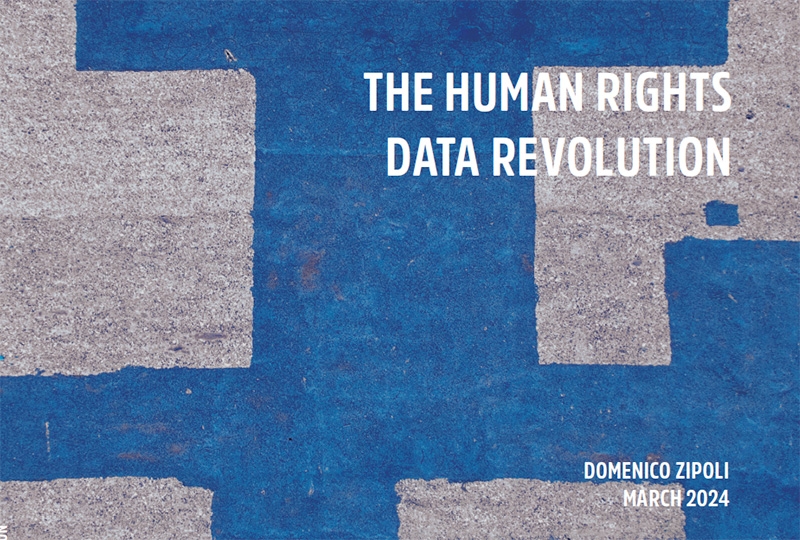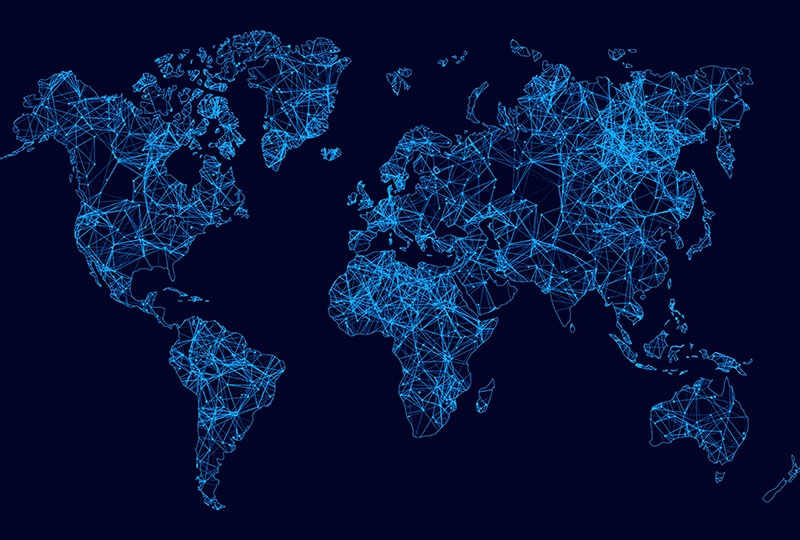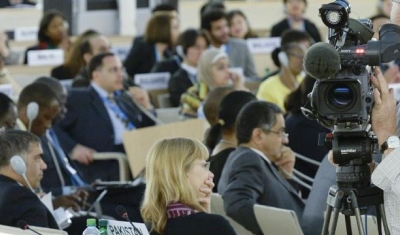2 April 2024
In an era where digital transformation is reshaping every aspect of our lives, the work of national and international human rights mechanisms has not remained untouched. The integration of digital technologies in human rights monitoring and implementation marks a pivotal shift, heralding what can be aptly described as the Human Rights Data Revolution. This transformation, detailed in this new Geneva Academy Briefing, promises to enhance the effectiveness, inclusivity, and scope of human rights monitoring and implementation worldwide.
Authored by Dr Domenico Zipoli, Research Fellow at the Geneva Academy and Project Coordinator at the Geneva Human Rights Platform (GHRP), this Academy Briefing explores the evolving landscape of digital human rights tracking tools and databases (DHRTTDs). It discusses their growing adoption for monitoring, reporting, and implementing human rights globally, while also pinpointing the challenge of insufficient coordination and knowledge sharing among these tools’ developers and users. Drawing from insights of over 50 experts across multiple sectors gathered during two pivotal roundtables organized by the GHRP in 2022 and 2023, this new publication critically evaluates the impact and future of DHRTTDs. It integrates lessons and challenges from these discussions, along with targeted research and interviews, to guide the human rights community in leveraging digital advancements effectively
It is the outcome of a broader GHRP initiative that aims to contribute to better and more coordinated implementation, reporting and follow-up of international human rights recommendations through the development and use of DHRTTDs.
'This publication is aimed at both human rights practitioners of all levels and members of the tech community who are interested in this field. It underscores the importance of dialogue between these two groups, both of which have significantly contributed to the study', specifies Dr. Zipoli.













